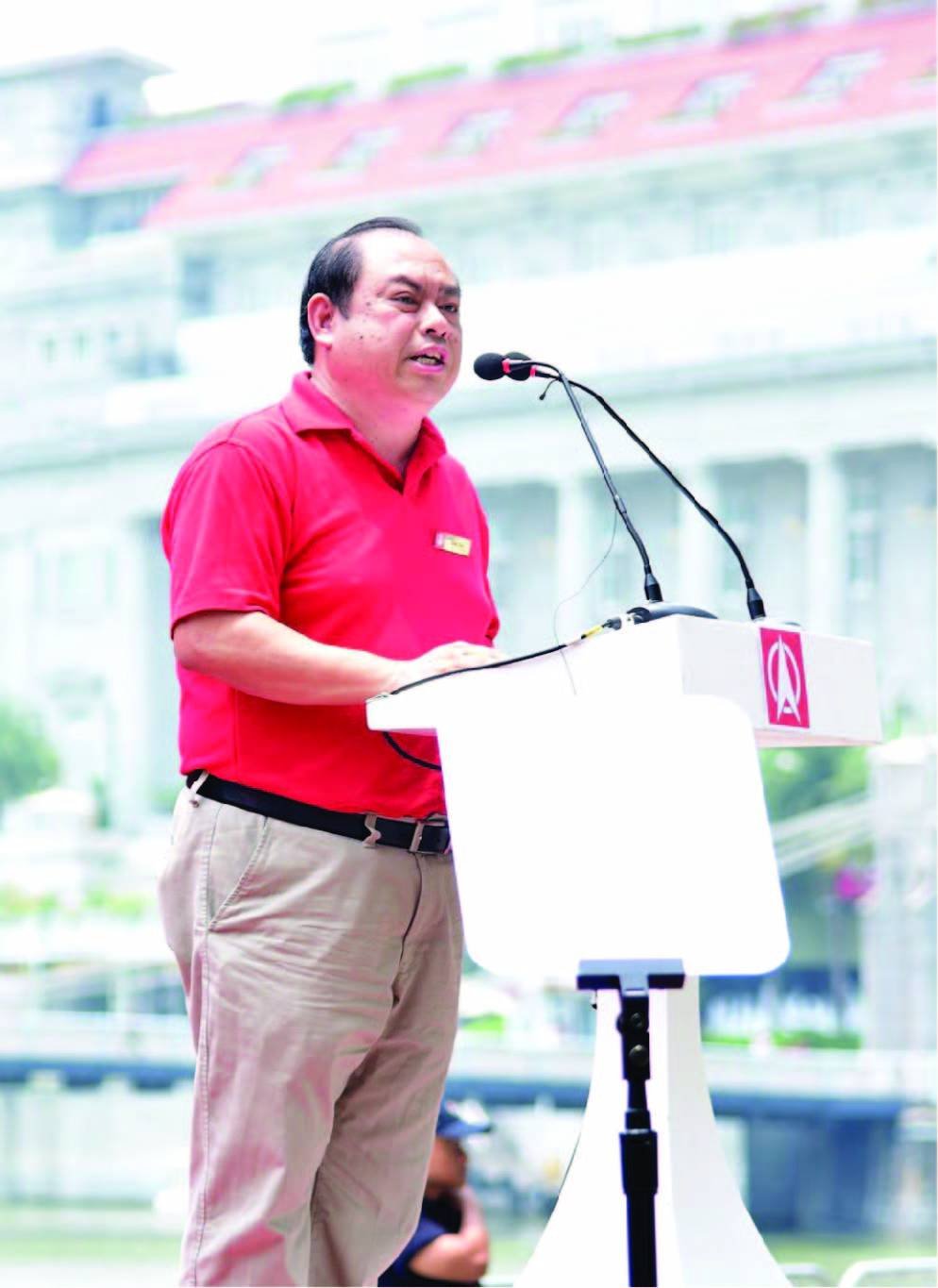If Parliament accepts the Committee of Privilege’s recommendations, the Leader of the Opposition Pritam Singh and MP Faisal Manap may be referred to the Public Prosecutor for potential criminal proceedings.

We don’t want another POFMA, so we’ll let the following excerpt from the Factually website explain why:

Pritam, in a statement dated 10 February 2022, noted that if he and Faisal are fined more than 2,000, they will lose their parliamentary seats:
Assuming Parliament adopts the Committee’s recommendations, there remain a number of unknowns. These include the eventual decision of the Public Prosecutor to prosecute, the intervening time before the matter goes to trial, the eventual verdict and any sentence meted out, and the prospect of both Faisal and I losing our parliamentary seats and stepping down as Members of Parliament if either of us is fined $2000 or more.
What the statement does not mention is the fact that, in addition to losing their seats, they will also be disqualified from contesting in elections for a period of 5 years following the conviction. Article 45(2) of our constitution provides for this.

In other words, assuming that they are charged, convicted, and sentenced to a fine in say, 2024 – this would mean that they have to step down as MPs for Aljunied, and also miss the next elections. If 2 elections are held during that said 5 year period (not unprecedented), then they will miss both these elections.
A jail term of less than a year would allow Faisal and Pritam to keep their seats
If Pritam and Faisal are sentenced to 11 months’ imprisonment, they can keep their seats. However, if they are fined $2,000 or more, they will lose their seats. This is what Article 45(1)(e) of our Constitution prescribes.

Based on the absence of amendment annotations, it appears that this provision has not been amended since 1965. Equating a fine of 2,000 and a year of imprisonment is not something that would come naturally to most of us, but it is what it is.
So, assuming Pritam and Faisal are charged, convicted, and sentenced, it may be better for them to go to jail for less than a year than to be fined more than 2,000. In the former scenario, they get to keep their Parliamentary seats. In the latter scenario, they not only lose their parliamentary seats, they will also be barred from contesting in elections for the next 5 years.
Can a lawyer ask for jail instead of a fine?

John Tan, a former candidate for the Singapore Democratic Party, was convicted of contempt of court in 2018. He was sentenced to a fine of $5,000 even though both the Prosecution and his own lawyers sought short jail terms. Pursuant to Article 45 of the Constitution, John would not have been able to contest elections for the next 5 years.
When the matter went on appeal to the Court of Appeal in 2020, John’s solicitors asked the Court if he could be sentenced to a short custodial term instead of a fine so as to avoid being disqualified from contesting in elections. However, the Court of Appeal rejected John’s submissions and held that his potential disqualification is not a relevant factor for the purposes of sentencing. You may read the relevant portions of the judgment at paragraphs 52 to paragraphs 65.

Should Article 45 of the Constitution be updated?
We’re not quite sure how the number of 2,000 was arrived at in the first place. Perhaps in the 1960s, a term of 1 years’ imprisonment may have been comparable to a fine of 2,000. This is certainly not the case today.
In light of the potential criminal proceedings against sitting MPs, the time may be ripe to revise, and raise, the quantum of the fine that would trigger disqualification.






Comments 3